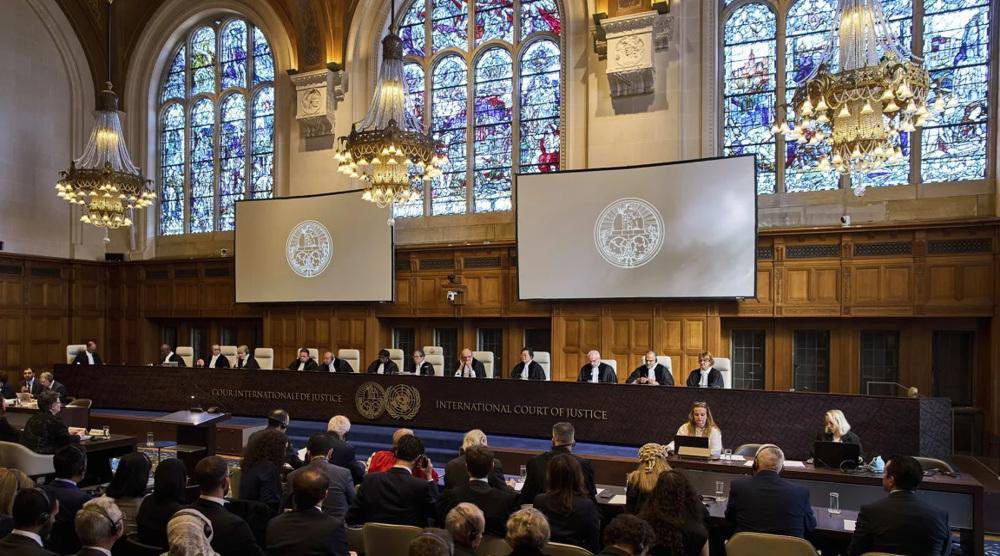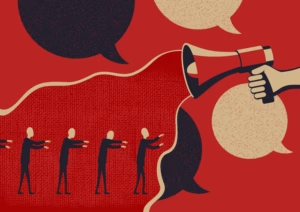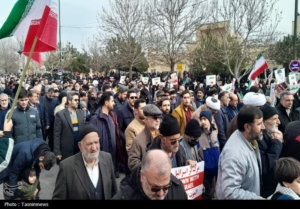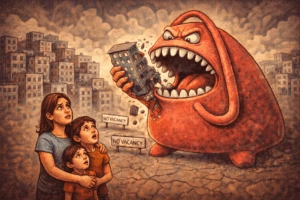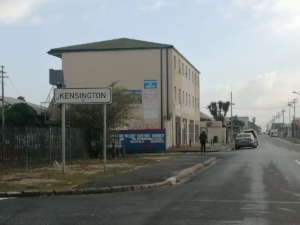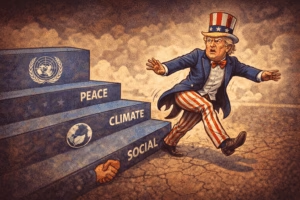South Africa has formally presented its case before the International Court of Justice (ICJ) in The Hague, accusing Israel of serious breaches of international law and human rights in the occupied Palestinian territories, particularly in Gaza.
This legal action marks the first time a state has launched such a comprehensive challenge against Israel’s conduct in these territories at the ICJ. It underscores rising international concern regarding the intensifying humanitarian crisis.
Leading the South African delegation was Zane Dangor, Director-General of the Department of International Relations and Cooperation, who offered a harrowing description of the current conditions in Gaza.
“Gaza is once again under a complete siege following Israel’s breach of a ceasefire brokered by the United States, Qatar, and Egypt,”
he stated firmly.
Dangor did not mince his words when outlining the impact of this siege.
“Israel is blocking essential life-sustaining supplies, reopening the floodgates of horror. Palestinian NGOs and aid organisations warn that Gaza faces famine, and humanitarian assistance is being deliberately obstructed.”
He highlighted the gravity of the situation by referring to the staggering death toll, which has already surpassed 52,000 Palestinians. Citing the United Nations Secretary-General’s description of Gaza as a “killing field,” Dangor stressed the urgency of addressing what he described as a collapsing humanitarian system.
WATCH | ICJ Public Hearings – South Africa Statement
— DIRCO South Africa (@DIRCO_ZA) April 29, 2025
He asserted that Israel’s actions stand in violation of international law, particularly the Fourth Geneva Convention, which protects civilians living under occupation.
“Israel is extending its laws into occupied East Jerusalem and attempting to annex parts of the West Bank, in violation of the prohibition against acquiring territory by force.”
Moreover, Dangor contended that these policies are designed to erode Palestinian self-determination and perpetuate systemic repression.
“Israel’s policies aim to undermine Palestinian self-determination and perpetuate an apartheid-like system, further entrenching occupation and repression.”
Providing further legal analysis, Advocate Nokukhanya Jele elaborated on Israel’s alleged disregard for prior ICJ rulings, which had mandated the facilitation of humanitarian aid.
“The court’s orders of January 26, March 28, and May 24, 2024 constitute additional legal obligations for Israel.”
“These rulings explicitly require Israel to allow and facilitate the unimpeded passage of humanitarian aid into the Gaza Strip, in full cooperation with the United Nations. Yet, Israel has blatantly ignored these binding obligations.”
Jele pointed to the intensified blockade following the implementation of legislation targeting UNRWA, the United Nations agency responsible for supporting Palestinian refugees.
“One and a half months after legislation banning UNRWA went into effect, Israel intensified its denial of aid by imposing a nearly eight-week-long blockade on Gaza.”
Addressing criticism of UNRWA, she defended the agency’s integrity and mission.
“UNRWA, contrary to Israeli narratives, is not engaging in one-sided advocacy but is acting by its recognised obligations as a global advocate for Palestinian refugees.”
Jele maintained that Israel’s sweeping restrictions constitute breaches of the law governing occupied territories.
“Israel’s conduct—such as blanket bans and restrictive procedures—are clear violations of the law of occupation.”
She warned that the cumulative impact of such measures threatens to dismantle Palestinian civil society and infringe upon their inherent rights.
“These acts threaten the very fabric of Palestinian civic life and violate their rights to self-determination, enshrined in the UN Charter and international human rights treaties.”
Offering additional legal clarity, South Africa’s State Law Advisor for International Law, Jamie Hendricks, stressed that starvation as a method of warfare is unequivocally prohibited.
“International law prohibits Israel from employing starvation as a method of warfare, including under siege or blockade. Israel may not collectively punish the protected Palestinian population, which it holds under unlawful occupation.”
Hendricks supported his claims with findings from a July 2024 report by the United Nations Special Rapporteur.
“Starvation reflects a state’s fundamental abandonment of its human rights obligations. Furthermore, the state of Israel has deployed the full range of techniques of hunger and starvation, perfecting the degree of control, suffering, and death it can cause through food systems, leading to this moment of genocide.”
He condemned Israel’s refusal to permit humanitarian relief, underscoring the legal and moral implications.
“Palestinians are human beings—flesh and blood—entitled to the same protections under international law. Their right not to be arbitrarily deprived of life is non-derogable, even in armed conflict.”
“Israel’s blockade and refusal to allow humanitarian aid violate their right to self-determination, a core norm of international law protected by the UN Charter and the International Covenants.”
Hendricks argued that Israel’s policies are obstructing not only humanitarian relief efforts but also the international community’s legal obligations.
“Israel’s actions impede the UN and third states from fulfilling their duties to support Palestinian human rights, and that the 1946 General Convention explicitly protects UN premises and property from violation.”
He called upon the ICJ to compel Israel to reverse its course of action.
“Israel must cease its wrongful acts immediately, provide full reparation, and facilitate the unhindered delivery of humanitarian aid.”
Furthermore, Hendricks stressed the need to reinstate UNRWA and other United Nations agencies to their mandated roles.
“Despite Israeli restrictions, the UN must continue to provide aid and demand the removal of barriers.”
Highlighting the responsibilities of all states, he argued that complicity in Israel’s actions must cease.
“Third states have an obligation not to recognise Israel’s wrongful acts and to refrain from supplying arms that enable ongoing violations. Collaboration with Israel’s breaches must end.”
Hendricks concluded South Africa’s presentation with a sobering reminder of the human cost.
“The world has failed the Palestinian people.”
He urged the ICJ to intervene decisively to uphold legal norms and protect the rights and dignity of Palestinians.
“Palestinians look to this Court—and the international community—for justice and relief. Their suffering must end, and accountability must be upheld.”
South Africa’s case comes as the humanitarian situation in Gaza deteriorates rapidly, with reports of widespread starvation, shortages of medical supplies, and escalating civilian casualties placing the region’s plight once again in the global spotlight.
Indonesia Stands with South Africa
“Indonesia is and will always stand with the people of Palestine to obtain their independence.”
The International Court of Justice (ICJ) held public hearings today in the advisory proceedings on the obligations of Israel as an occupying power.
The representative of Indonesia pledged that his country will continue to defend justice and humanity of the people of Palestine.… pic.twitter.com/ZUS6EVQLui
— Quds News Network (@QudsNen) April 30, 2025

